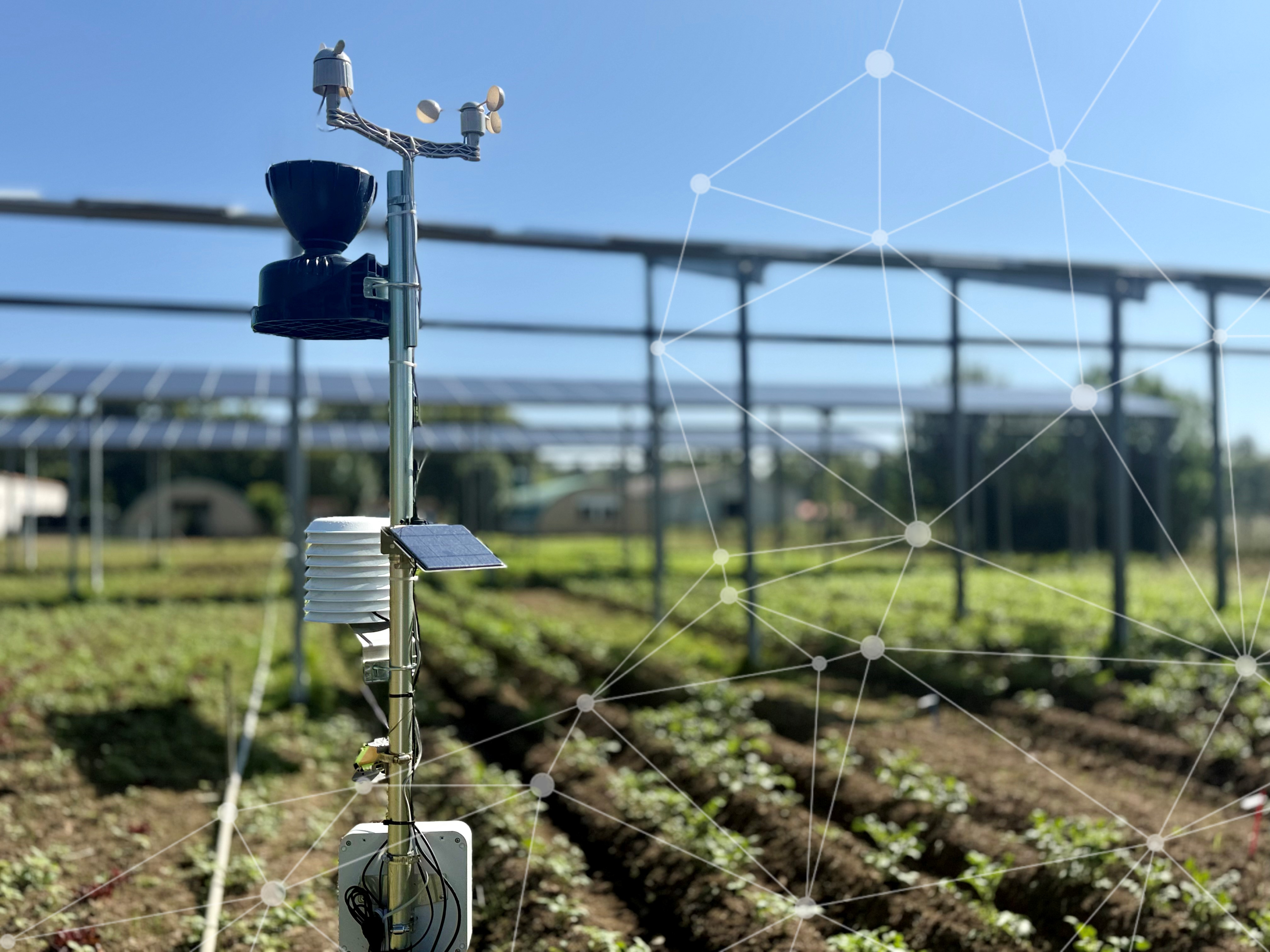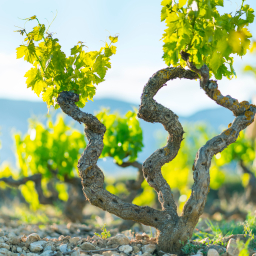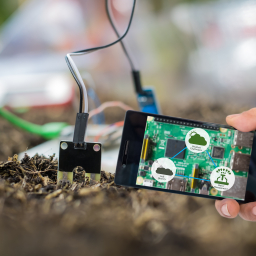NEW
Virtual weather stations to optimise water use in agriculture
6 August 2025- At NEIKER we are leading the European e-RIGATION project, which addresses water scarcity through a digital system that allows more efficient decisions to be taken on irrigation and phytosanitary treatments.
Water scarcity has become one of the main challenges for agriculture in south-western Europe. In regions where rainfall used to be regular, prolonged periods of drought are now recurring more frequently, aggravated by rising temperatures and erratic weather. This situation directly affects the productivity of strategic crops such as vines and compromises the sustainability of many farms.
Given this scenario, improving the efficiency of water use has become a priority for the agricultural sector. With this objective in mind, at NEIKER we are leading the e-RIGATION project, a transnational cooperation initiative within the framework of the European Interreg Sudoe programme, which seeks to optimise water management through the use of digital technologies applied directly on farms.
To achieve this objective, work will be carried out on a system based on virtual weather stations, which will be composed of a digital network capable of providing high-resolution climate data at the plot scale. Unlike traditional physical stations, virtual stations do not require the installation of sensors in the field. They are built using mathematical models that combine data from real weather stations, geographical information and meteorological models, allowing the generation of customised data for each farm.
In this way, indicators such as temperature, humidity or evapotranspiration can be obtained, which will help the primary sector to make better and more efficient decisions in relation to irrigation and phytosanitary treatments.
“We want to make it easier for the sector to know exactly when and how much to irrigate, or whether the conditions are appropriate for applying a treatment. All of this with precise information, adapted to their plot and without the need to install sensors in the field”, explains Gorka Landeras, researcher at NEIKER’s Plant Production and Protection Department.
Field monitoring
To validate the system, monitoring will be carried out on pilot plots of different crops, including vineyards, located in different areas of south-western Europe, with varying climatic and agronomic conditions. In this way, it will be possible to check whether the data generated by the virtual stations accurately reflect what actually happens in the field.
At the same time, the extent to which this information allows better fine-tuning of irrigation and phytosanitary treatment decisions will be assessed in order to reduce water consumption and improve resource use efficiency.
In addition to technological development, the project incorporates a training dimension. Specifically, a training scheme will be set up for professional farmers, agricultural advisors and water resource managers, with the aim of facilitating the adoption of these digital tools in daily practice and improving decision-making in a scenario of increasing water scarcity. “Technology has to be useful and easy to integrate. Therefore, we will also work on training to ensure that this innovation really reaches the field and contributes to a more efficient and sustainable agriculture,” adds the researcher.
About e-RIGATION
e-RIGATION is a European project within the framework of the Interreg Sudoe programme, which promotes transnational cooperation in Southwest Europe to address common challenges such as climate change and sustainable resource management.
The initiative, led by NEIKER, has a total budget of 1,155,564.52 euros and a consortium made up of the entities ACMG, IMIDA, EUSKALMET, IPB, CDA24, CDA64 CIM-DOURO and CIM-VISEU. Agricultural organisations such as UAGA, UDAPA and the Arcaute Agricultural School are also collaborating.






